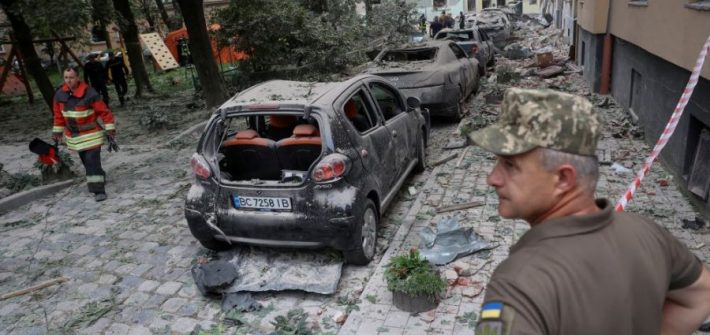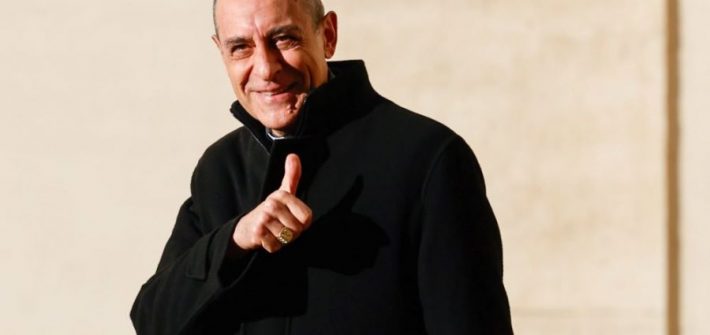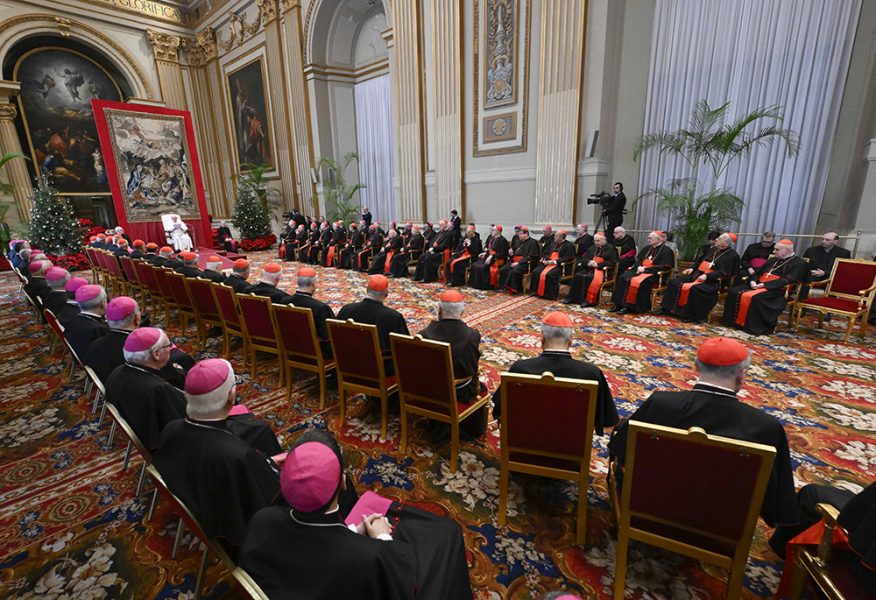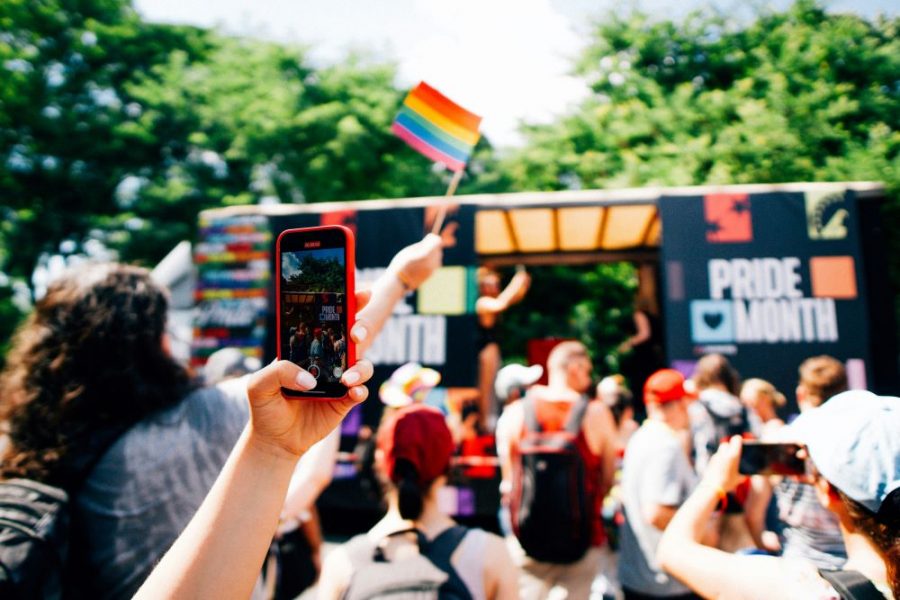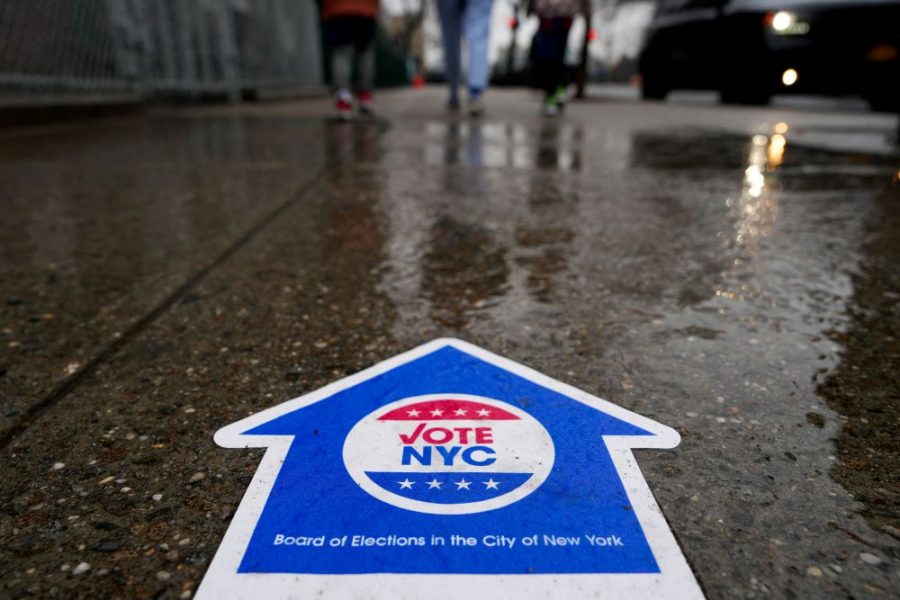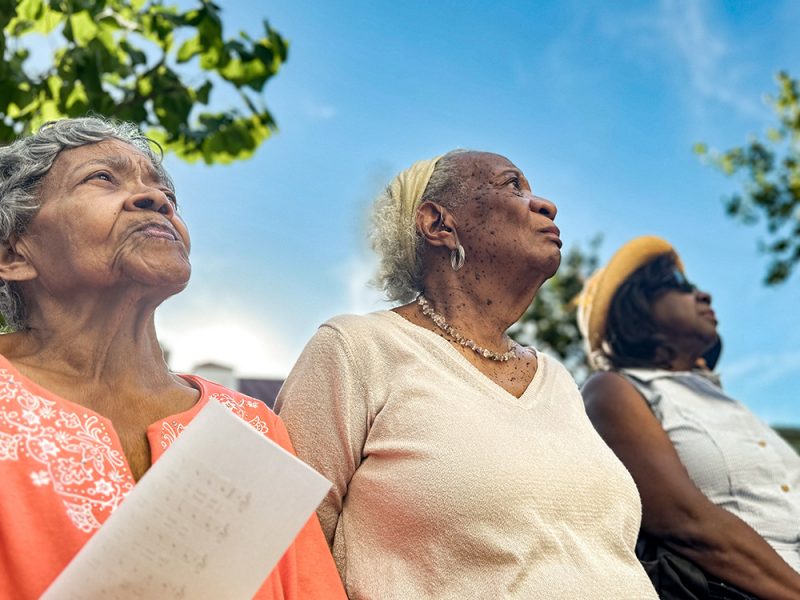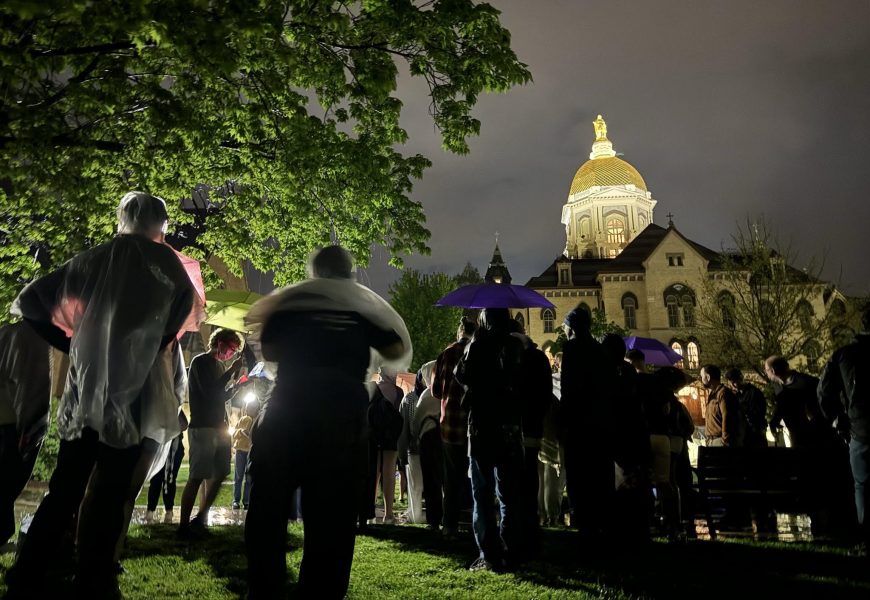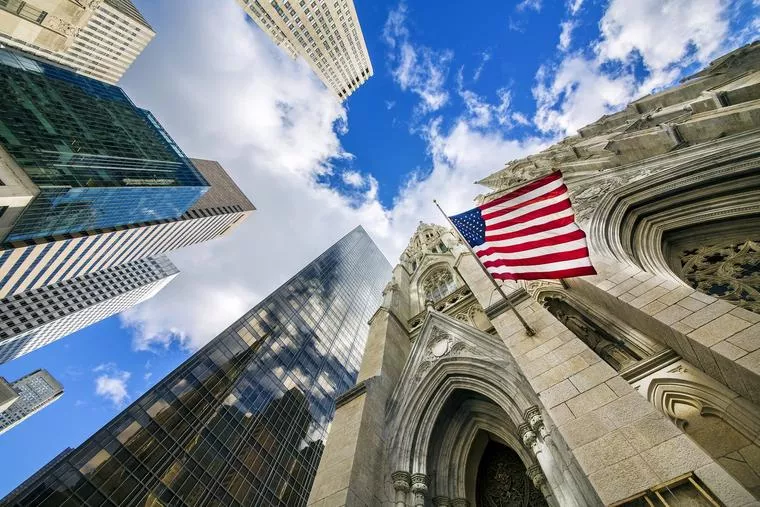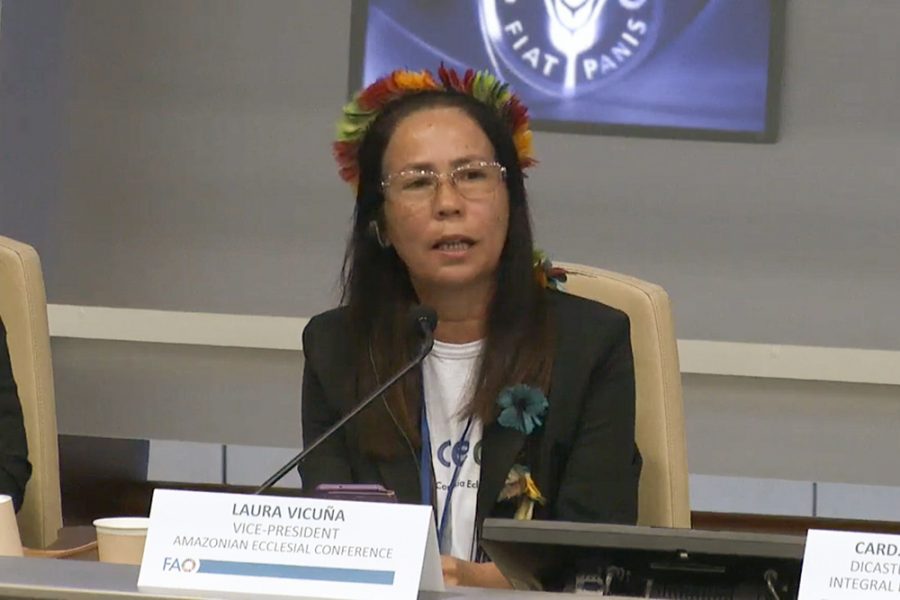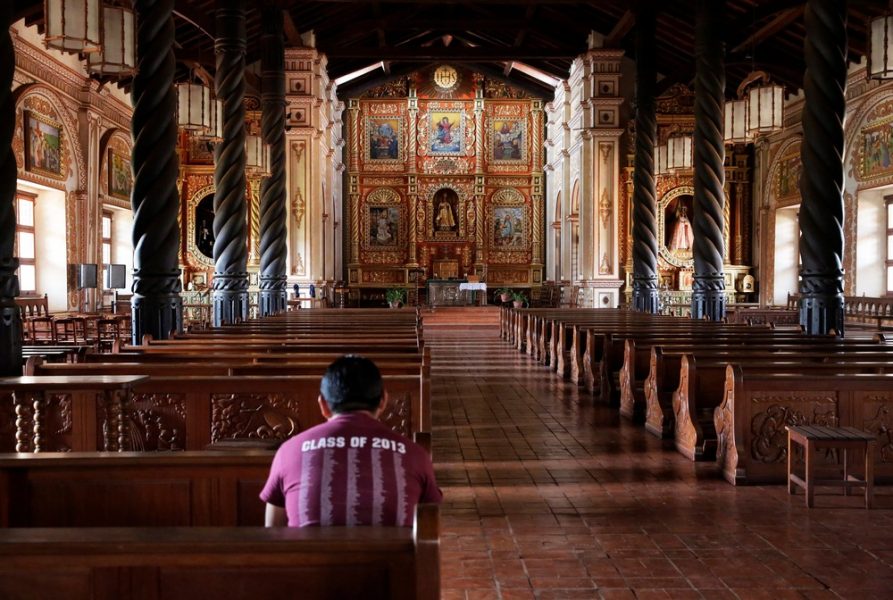(DAVID AGREN. ncronline).
A Spanish Jesuit has been discovered to have documented his abuse of hundreds of Indigenous girls while serving as a missionary in rural Bolivia — atrocities which the Society of Jesus has known about since at least 2019 and did not immediately report to the civil authorities.
Jesuit Father Luis María Roma wrote in a diary of abusing girls, whom he often lured to a river and photographed inappropriately, according to the Spanish newspaper El País. The Jesuit province in Bolivia compiled a report on Roma’s acts in 2019, but withheld it from prosecutors, according to El País, which obtained a copy of the priest’s diary and the Jesuit’s investigation.
Roma died in August 2019, shortly before the report’s completion. El País published a notarized confession by the priest signed in May 2019, which read, “I got carried away, in some situations, by libidinous acts, inappropriate for a religious person, with girls from eight to 11 years old.”
Continue reading…











